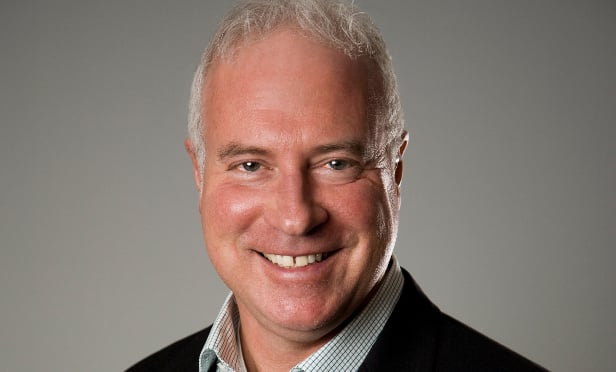[IMGCAP(1)]
LAGUNA NIGUEL, CA-“The recent government announcement that Fannie Mae and Freddie Mac are to reduce their lending volume by 10% in 2013 is a mixed blessing to the market,” Karine Clark-Foreman, newly appointed managing director of locally based Avistone Capital Corp., tells GlobeSt.com. Clark-Foreman says she doesn't see the reduction having a huge impact on the multifamily arena, and in fact it offers other lenders the opportunity to provide capital for this still-healthy sector.
“On the one hand, the GSEs represent an important source of low-cost capital to the multi-housing market and offer borrowers further advantages in terms of supplemental loans (second mortgages behind existing GSE firsts) and allowing borrowers to deal directly with DUS lenders at origination and throughout the life of the loan,” says Clark-Foreman. “On the other hand, the GSEs' reduced appetite is good news for Wall Street CMBS lenders, commercial banks and life companies—all flush with money to lend—to expand their market share in the multi-housing sector. As a result, borrowers may notice little adverse effect from the 10% scale-back in terms of loan proceeds, but also need to be aware of differences in documentation, non-recourse carve-outs and the like between the GSEs and non-GSE lenders.”
Those who are truly in the multifamily business know the drill with the GSEs, says Clark-Foreman, including all the documents necessary to finance properties. It's not only convenient, but almost routine for them. But that doesn't mean they won't get used to working with other capital providers. “As we go forward, from the standpoint of capital availability, we don't believe [the reduction is] going to be a detriment because there's so much pent-up capital in a variety of sources. They'll be very happy to come in and take that place. It's good news for suppliers of capital.”
[IMGCAP(2)]
Rich Kent, managing principal for Avistone, tells GlobeSt.com that the agencies “really want to deal with existing clients. If you're already a Fannie or Freddie client, you're not going to see any reduction in availability, but the one-off deal will.”
Kent says the GSEs are favoring existing accounts, which is important because of the agencies' supplemental-loan program, which puts second mortgages behind the first. “This really locks people into Freddie or Fannie, and it's hard to get off the bandwagon. It's a great program for the multifamily market, and those clients who already have that kind of program and relationship with Fannie and Freddie are probably not going to see an impact. But it's the new people coming into the sector, who do maybe one or two deals a year—they're not going to see the same open-arms base as before.”
There's no lack of capital, and Wall Street is back, Kent adds. “Their rates are as good as the agencies. There's plenty of liquidity in the market for multifamily. Life companies will take up market share, and so will CMBS.”
Many deals have been lost to Fannie and Freddie in the past because their programs are so great, Clark-Foreman says. The reduction will allow even private capital to be happy.
Two areas to watch are the senior housing and affordable-housing markets, niches which the GSEs have served, but that CMBS hasn't always been adept at handling. “There are not that many people outside of Fannie and Freddie who know how to make loans in senior housing,” says Kent. “It will be interesting to see what the commitment of the agencies will be in terms of senior and affordable housing.” He adds that capital firms have to be able to work in all areas of the capital stack in order to optimize a borrower's overall cost of funds.
Since property owners are becoming more aware of the additional capital available in the market, more are considering selling, says Clark-Foreman. “”There are some opportunities coming on the market now because these property owners know there is capital out there. There are some bidders and new transaction opportunities in the way of new product, rehab and redevelopment.”
With a background in Auction.com, Kent adds that this great platform is opening up more and more to private sellers as opposed to just special servicers. “More banks are selling in REO, and more buyers are coming into that process because the market is really hungry for property.”
He adds that Avistone is really focused right now on providing financing for bidders in auction so that they can line up their transactions and close quickly—usually within 30 days. “There are nontraditional lenders we've found who are willing to fund willing bidders without appraisals before they close. Some of these lenders have figured out that whatever price sells at auction, that's the value and that's where it's going to appraise. Why not just make the loan and get the appraisal after the fact? We think that's a huge growth area.”
Clark-Foreman adds, “There's a variety of programs we can put together that will meet the needs of these bidders. Some are more aggressive than others, but more lenders are willing to come into that.”
© Touchpoint Markets, All Rights Reserved. Request academic re-use from www.copyright.com. All other uses, submit a request to [email protected]. For more inforrmation visit Asset & Logo Licensing.





